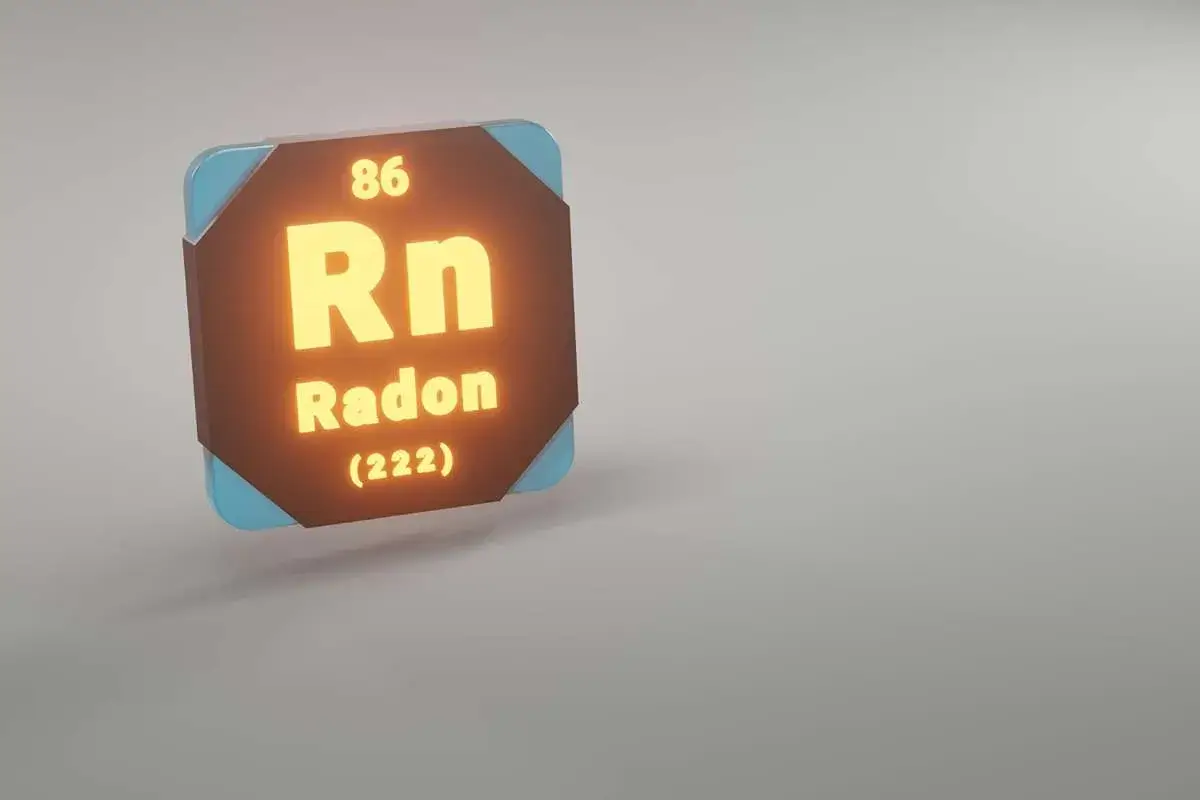When people think about home safety, they often picture locks on doors or smoke detectors…

What Is a Home Inspection Contingency And Why Is It Important?
Homebuyers usually rely on the best home inspectors in Phoenix to give them a thorough report on the state of a house they’re thinking about buying. Even the most thorough inspection may need help finding faults or hidden flaws that are not immediately obvious. This is when a home inspection contingency is useful. A real estate contract’s home inspection contingency allows the buyer to cancel the transaction without incurring any fees if the inspection identifies severe problems with the property. In this blog, we will discuss a home inspection contingency, its benefits, and how home inspectors are vital to the procedure.
What Is Home Inspection Contingency?
Before buying a house, it is vital to know its condition. A real estate contract’s home inspection contingency allows the buyer to cancel the transaction without incurring any fees if the inspection identifies severe problems with the property. Essentially, it protects the buyer from purchasing a home that doesn’t meet their requirements or needs significant renovations. All buyers should include a home inspection contingency in their contracts because it is a crucial step in house-buying.
Home inspection contingencies are crucial because they protect buyers from unforeseen costs. Repairing a house may be expensive, and if a buyer discovers after the fact that the property they are buying needs extensive repairs, they might need to pay thousands of dollars out of pocket. Flipped homes, purchased, remodeled, and resold, are especially prone to issues that a home inspection may miss. It is even more crucial for buyers to have a home inspection contingency because flipped homes frequently have cosmetic upgrades that might conceal fundamental problems with the property.
Home inspection contingencies are essential for another reason—they can provide buyers leverage when haggling with sellers. Buyers may use this information to demand repairs or a price reduction if the home inspection in Arizona reveals severe property issues. This can ensure that buyers receive a fair deal and aren’t forced to settle for a home that falls below their standards.
It’s vital to remember that home inspection contingencies can have varying time frames and by state. You must mention the contingency in the purchase agreement in some states, but it can also be added as an amendment in other states. Also, home inspection contingency usually has a deadline for the buyer to complete the inspection and notify the seller of any faults, such as ten days after the contract is signed. Buyers must ensure that the contingency is appropriately incorporated in the contract by understanding the legal requirements in their state and working with a real estate agent or attorney.
Benefits Of A Home Inspection Contingency
A condition in a real estate contract known as a “home inspection contingency” enables the buyer to engage a qualified inspector to assess the property before finalizing the sale. The contingency offers the buyer the choice to demand repairs or bargain for a lower price in light of the inspection’s findings. For the buyer, having a home inspection contingency has many advantages.
First, a home inspection can reveal any hidden problems or flaws in the property. A qualified inspector can see issues like defective wiring, leaks, or structural damage not readily apparent to the untrained eye. The customer can avoid unforeseen costs and potential safety risks by learning about these issues. The inspection contingency allows the buyer to demand repairs or negotiate for a lower price to cover any necessary repairs.
Second, a home inspection contingency might provide the buyer peace of mind. Making such a significant investment as a home purchase while being unaware of the property’s complete condition can be stressful. An inspection might assure the buyer of their choice to purchase a home. The buyer can comfortably move through with the sale knowing that the house is in good condition if the inspection reveals no significant issues. But if any problems are discovered, the buyer can cancel the deal or request repairs.
Moreover, a buyer can save money by having a home inspection contingency. Although the price of an inspection can vary based on the size and location of the property, it is a very low cost compared to the possible expenditures of addressing hidden issues after the sale. Without an inspection contingency, the buyer might have to pay for repairs, which could efficiently run into hundreds of dollars.
Finally, a contingency for a home inspection can protect the buyer’s investment. Real estate contracts are legally binding in court, and after the deal is closed, the buyer is liable for any problems with the house. The buyer can make sure they are making an informed decision by putting an inspection contingency in the contract. The buyer can cancel the transaction without incurring any fees if the inspection shows serious problems, or they can bargain for repairs or a lower price.
The Role Of Home Inspectors
Home inspectors are essential to the buying or selling of a home. They are responsible for inspecting a property’s state and identifying any issues that might need to be fixed. This ensures that any potential problems are found and resolved before a sale and aids both buyers and sellers in making wise selections about the property.
The top house inspectors in Phoenix evaluate a building’s structural soundness, electrical, plumbing, and HVAC systems. They also search for problems or weaknesses in the house’s walls, foundation, roof, and other elements that need fixing. Home inspectors execute their inspections using a variety of instruments and methods, including the use of thermal imaging cameras, dampness meters, and other specific devices.
The inspector will often start a house inspection by looking at the outer appearance of the building. This may entail evaluating the walls, foundation, roof, gutters, and downspouts in addition to their state. The inspector will also search for signs of aging or destruction, including breaks, turning brown, or water intrusion.
The examiner will then investigate the inside spaces of the home for plumbing, HVAC, and electrical issues. To assess toggle switches, outlets, and lighting components, looking at pipelines, drainage systems, and faucets might be essential. The home inspector will additionally inspect the ductwork, furnace, and AC unit, among other heating and cooling equipment.
The home inspector will make thorough notes and take pictures of any problems they find throughout the inspection. Upon completion of their investigation, a comprehensive report will be generated, outlining any required remedies or enhancements. The report will be shared with both the buyer and seller involved in the property transaction.
To ensure a complete review of your property, schedule a home inspection with Advantage Home Inspections. Call us today to find out if your investment is worthwhile.



